Why Is It Important to Socialise My Dog, and How Can I Do It Effectively?

"Why is it important to socialise my dog?" This is a question that often comes up for many dog owners. Therefore, this is one of the questions you might encounter when considering how to raise a well-adjusted pup. Besides knowing the benefits of socialising your furry friend, it's essential to understand how to do it effectively.
Socialising your dog is important to make it more confident to react positively to environmental changes. Socialised dogs are free of fear and anxiety due to improved physical and mental health. You can socialise your dog by taking it for walks, enrolling it in dog classes, and frequent visits to dog parks.
In the rest of this article, I'll expound on how to socialise your dog effectively. I'll discuss various ways to help you choose a few that work best for your pup and lifestyle. Keep reading to get informed.
6 Simple Ways to Socialise Your Dog Effectively
Dogs are social creatures—they enjoy other dogs’ company and human presence.
Socialising your canine friend correctly makes it comfortable around humans and other dogs.
Moreover, a well-socialised pup will rarely display uncouth behaviour like jumping up on people or whining whenever there is a change in its environment.
If you’re a new dog parent, the best time to socialise your pup for better social skills is between 3 and 12 weeks old.
With that background information, let’s dive into how to socialise your dog effectively.
1. Take It for Daily Walks

Taking your furry friend for daily walks provides an excellent opportunity to meet other dogs, strangers, and unfamiliar objects.
As you go through the streets, your pooch will meet other dogs, meaning it will have to learn acceptable socialisation skills.
For instance, it will learn how to interact without getting aggressive or too scared.
You may notice the dog portraying socialisation cues like sniffing its environment and trying to make contact with new dogs along the streets.
Besides the streets, you can also take your pup for walks in different places, like forests and beaches, to make it more interesting.
However, you must take great care to secure your dog if it's new to daily walks. Such a dog may become overexcited or scared, leading to undesirable behaviours like pulling on its lead.
In such situations, you need a shock-absorbing dog lead for better control of the pet. This lead has a heavy-duty shock-absorbing bungee cord that takes the strain off your arms or shoulders.
2. Enrol It in Dog Classes
According to VCA Animal Hospitals, a dog is more likely to learn socialisation skills faster when it meets other dogs in an organised environment.
These classes provide the perfect opportunity for your canine friend to learn interaction skills from its peers.
Moreover, it'll learn acceptable behaviours when interacting with humans in such an environment.
Puppy playtime is a crucial element of dog classes. It helps puppies become comfortable around new people, animals, and objects in a safe and conducive environment for their growth.
Other essential elements of dog classes that facilitate socialisation include:
- Obedience training: It entails teaching dogs to respond to commands in different situations. Consequently, it helps dogs remain well-behaved and confident in social interactions.
- Agility training: It entails putting your pet through a course of obstacles (usually 14 to 20 obstacles). Such training helps to develop obedience, confidence, and agility. These are crucial qualities for successful socialisation in dogs.
- Trick sessions: This involves teaching your pup simple tricks like "sit" and "stay." Such training helps stimulate the pup's mind, making it more confident in social settings. A confident dog will be able to interact well with humans and other canines.
It's worth mentioning that identification is vital when taking your pup to dog classes. Consequently, you need a dog collar with an engraved name and contact information for easy identification. This will prevent your furry companion from getting lost in others.
3. Frequent Visits to Dog Parks
Dog parks are great venues for socialising because they provide a controlled environment free of cars, bikes, and other dangers that may harm the pet.
While at the park, let your pup meet and play with other dogs.
However, maintain close supervision over your pup during its interactions. Reward it whenever it displays appropriate socialisation behaviours, like showing friendly gestures without displaying aggression or fear.
Moreover, try making the park visits fun for your furry friend as much as possible.
You can achieve that by carrying the dog's favourite toy to facilitate interactions and playtime with other dogs at the park.
Moreover, such toys provide comfort if your pup ever faces an uncomfortable situation, like a dog barking at it or trying to dominate.
A dog-walking bag bundle comes in handy when packing the pup's favourite toy and other utilities for the park. This bundle has a collapsible bowl and a poop bag carrier. Moreover, it has a magnetic closure for easy and quick access to the goodies.
That said, it's worth noting that some parks may not be friendly to your furry friend. Therefore, it's essential to inspect the park's facilities and management before visiting. Look for things like:
- The park's safety and conduct rules
- The park's maintenance. For instance, the grass must be well-kept and has a secure fence
- The presence of training equipment like agility obstacles
- Dog immunisation requirements for admission
4. Visit Your Friends’ Houses
You can socialise your pup by taking it for visits to friends' homes.
As you do so, ensure those homes have other dogs or animals your pup can play with.
Exposure to different people, dogs, and animals will help your pup learn how to interact appropriately with other creatures.
Moreover, during its visits, it'll learn different behaviours and body language cues from the other animals.
It's important to note that introducing a pup into unfamiliar situations is a gradual process. Therefore, take it slow when visiting friends' homes.
Start by taking your pup for short visits and increase the duration as it gets accustomed to the new environment.
5. Organise Playdates with Other Dogs

Playdates entail scheduling your pup to meet and hang out with other dogs. These occasions allow dogs to release their pent-up energy while developing social skills.
You can organise one at home or a friend's house. It'll provide the perfect opportunity for your furry companion to interact and play with new dogs.
However, you must introduce all dogs at such gatherings to each other gradually in a controlled environment. Here is the appropriate procedure to introduce these dogs:
- While on a lead, walk the dogs at some distance where they can see each other. They must be at least 20 feet (6.10 metres) apart to prevent them from jumping at each other or displaying aggression.
- Observe the dogs for any negative signs like barking or posturing. If they display such signs, move them farther away to dissipate any tension between them. If they don't, reward them with a treat for seeing each other.
- If the dogs remain relaxed, shorten the distance between them and let them sniff each other. Reward them with a treat or praise if they do so without aggression.
- Once the dogs are comfortable with each other, you can let them off the lead and get ready for some fun playtime.
Just ensure to supervise their interactions closely. Ensure that none of them displays aggressive behaviour towards others. If they do, intervene quickly and separate them to prevent any harm.
Expert Tip: Never leave dogs unattended in unfamiliar environments like a friend's home or a dog park. Ensure there is always an adult nearby supervising them.
6. Start Socialising the Dog at the Right Time
Timing is crucial for socialising your dog effectively due to the brain development factor.
According to the National Library of Medicine, dogs' brains undergo brain mutation for development from 0 to 6 weeks. Therefore, the right time to start socialising your pup is between 3 and 12 weeks of age.
This is because the pup's brain is still developing, and it’s malleable enough to learn different behaviours and social skills during this period.
Don't wait until your pup is grown for socialisation. Start the process early on in its life for optimal results.
Final Thoughts
If the question, "Why is it important to socialise my dog?" has been lingering in your mind, I hope you now have the answer.
Socialisation is crucial in helping your pup develop responsible behaviour and become a well-rounded canine citizen.
Therefore, create time out of your busy schedule to involve your dog in social activities that will help boost its confidence and enhance interactions with other creatures.
It'll be worth your time! Good luck in taming your pup's wild side.

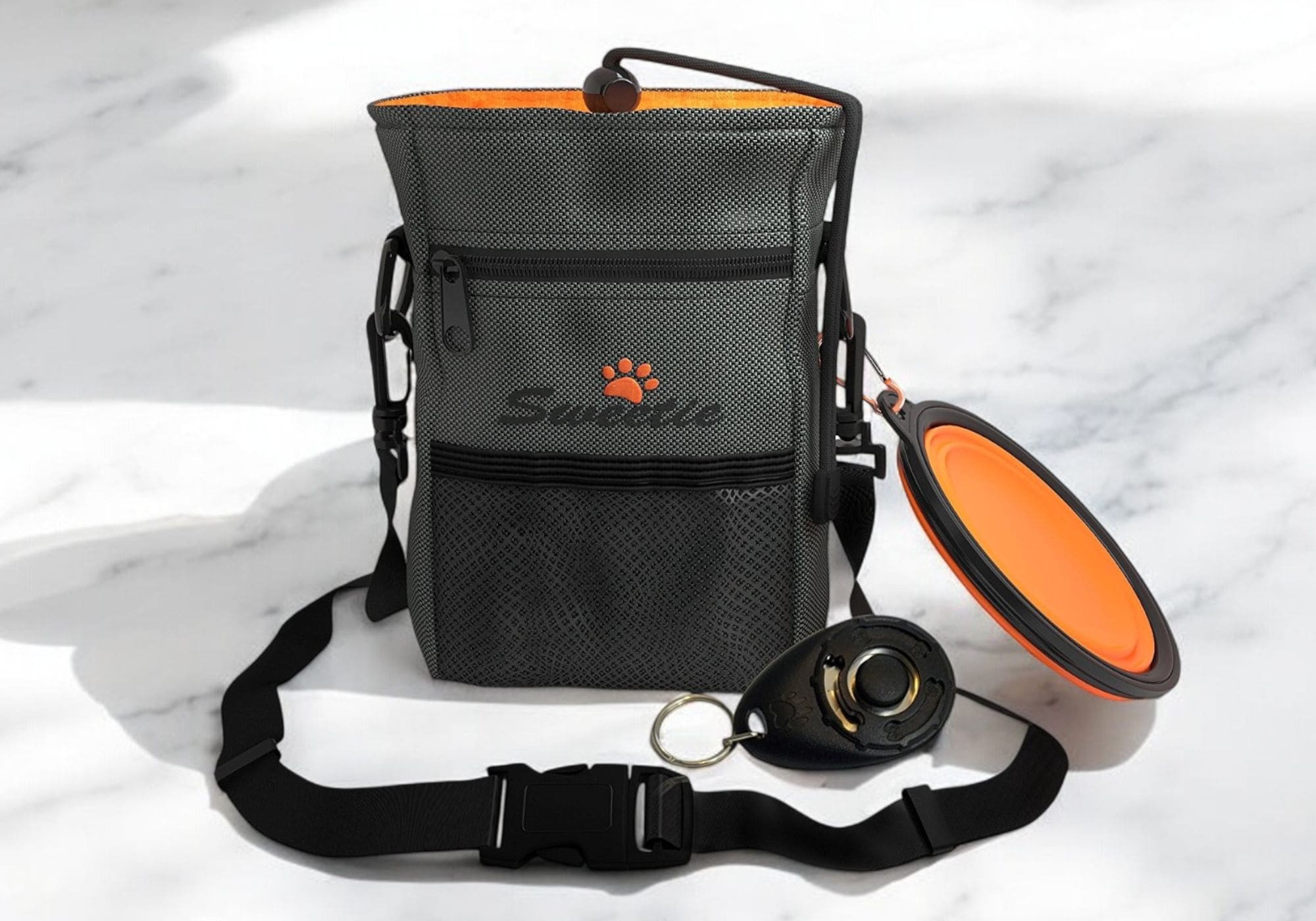
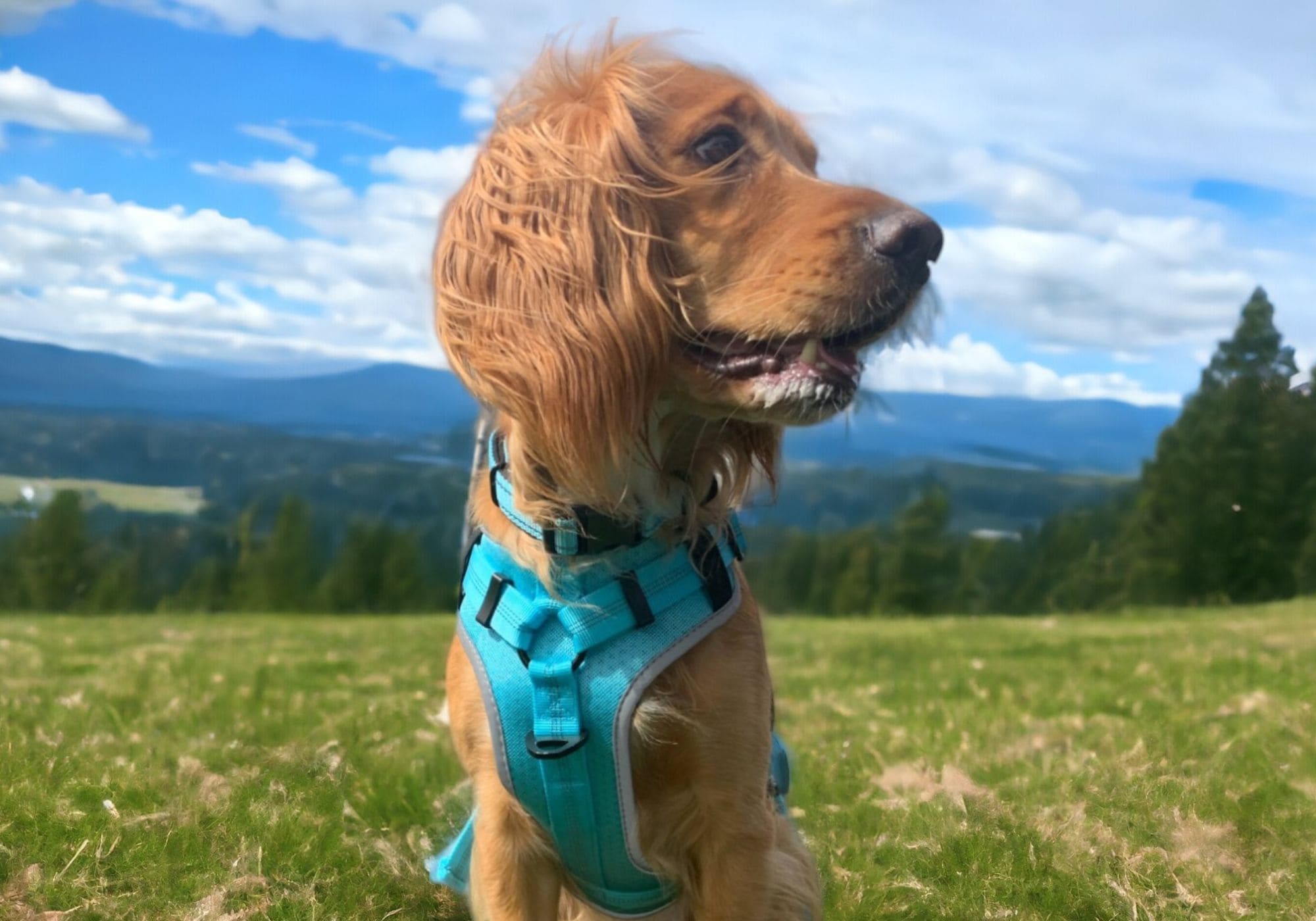
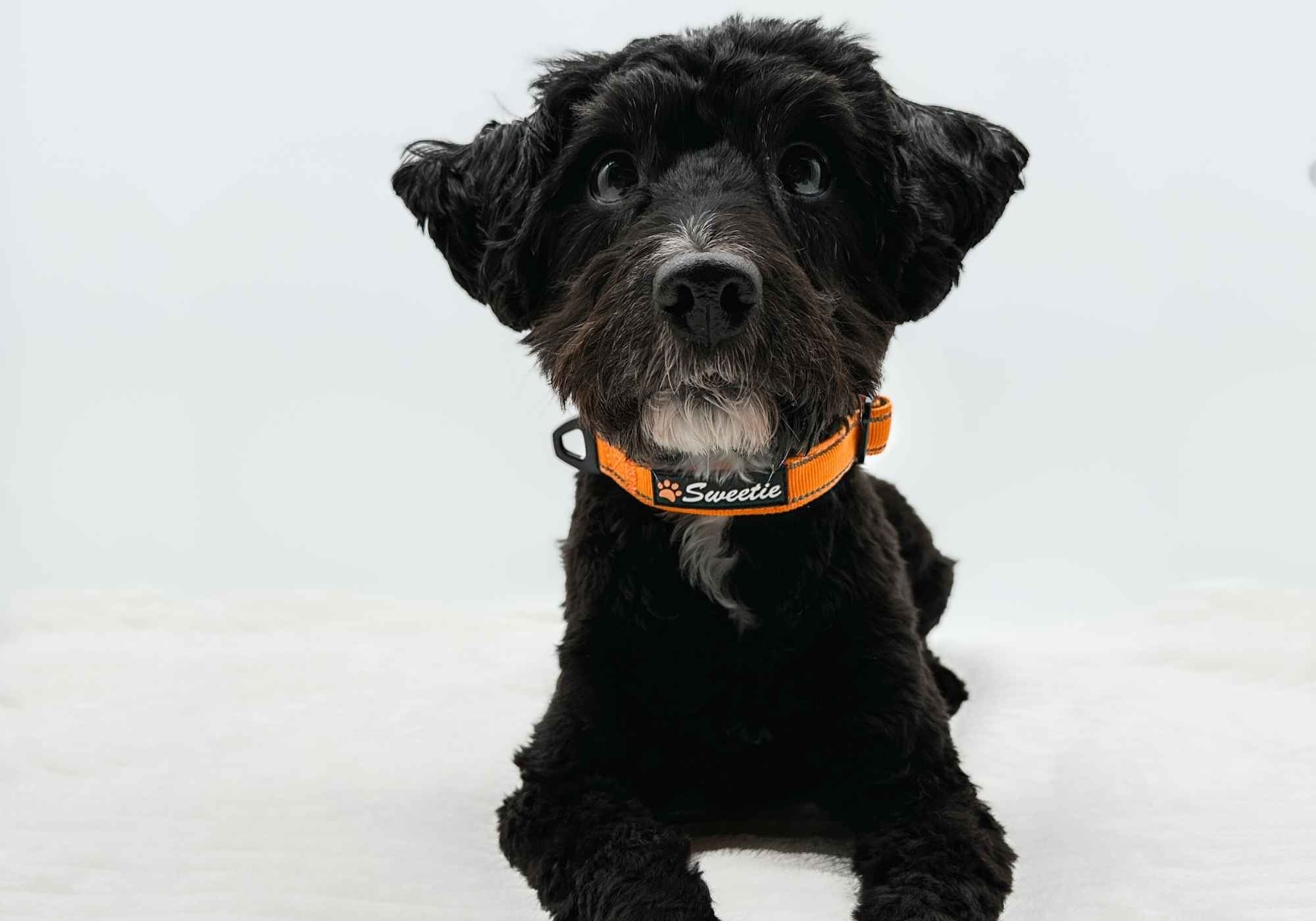
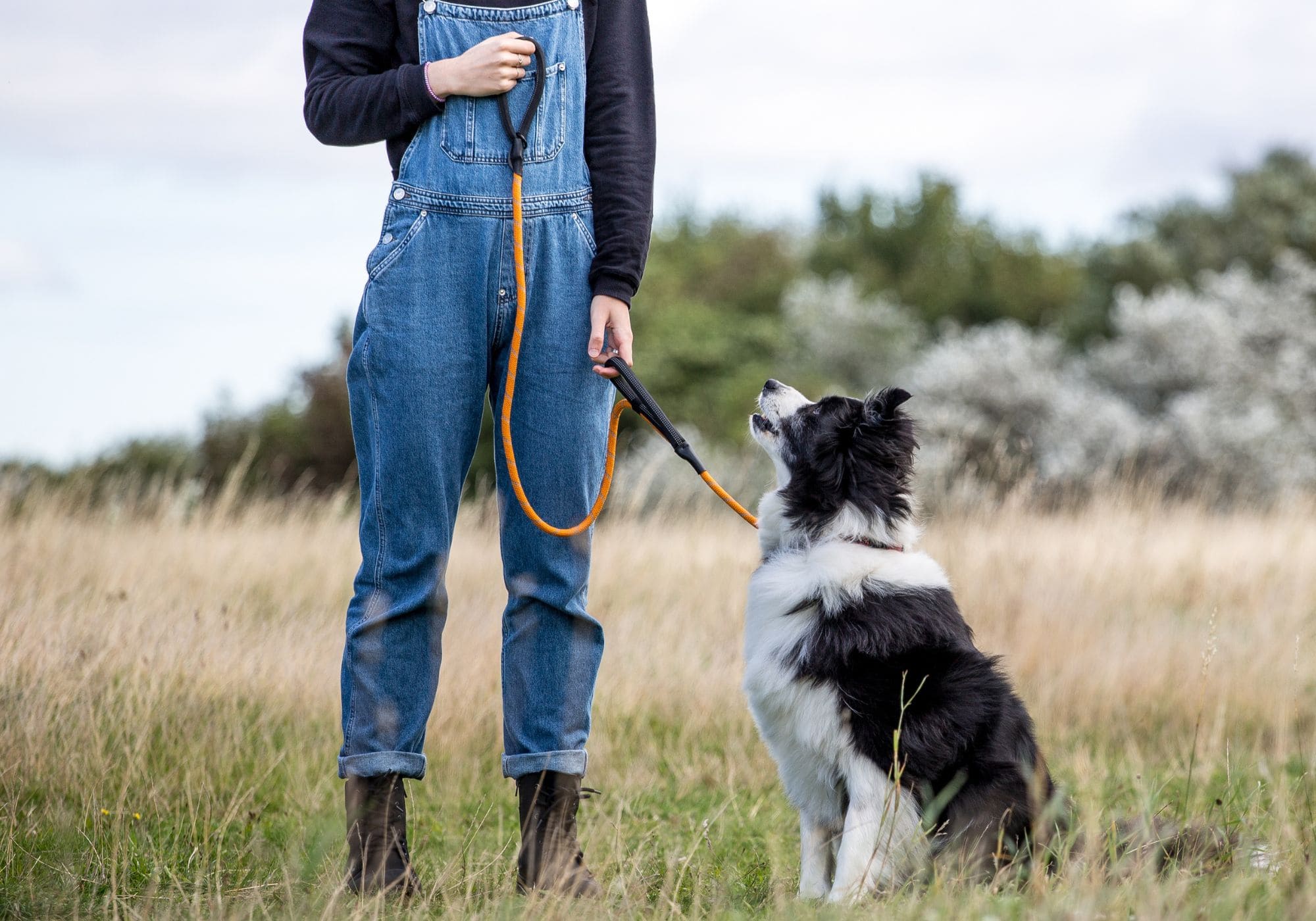
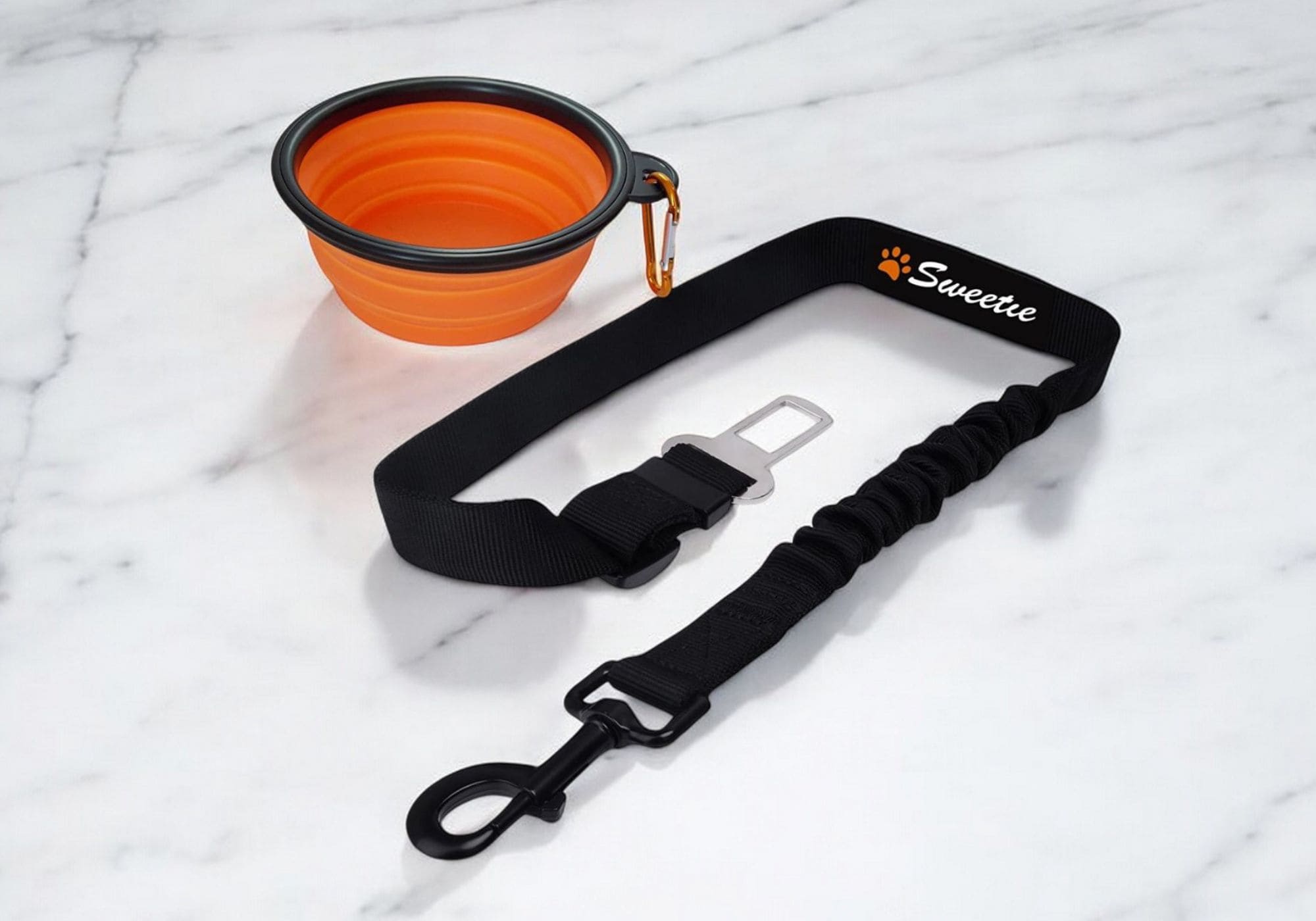
Leave a comment